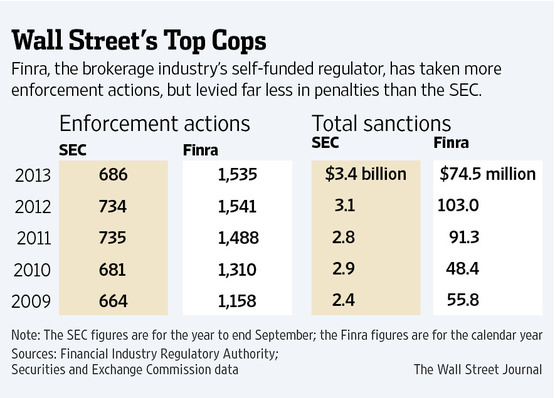A brokerdealer.com blog special article.
No longer are organizations and financial brands able to focus exclusively on email aliases, storefronts and toll free numbers for support and customer participation. Now, a brand must engage customers 24/7 in social media. However, as we have seen together with the rise in social media junk, the upsurge in social fraud, the continuing social account hacks and also the ever increasing regulatory focus on social websites, financial services’ social media programs endure the most comprehensive set of compliance challenges and hazards.
Actually, every one of the specific financial services sub-verticals including retail banking, insurance, wealth management, charge cards, etc., all tend to have two to three major categories of social media applications including centralized brand programs, adviser / agent programs and social customer care systems. Unfortunately, they may just be partially equipped to manage conformity and risk for just one of their social programs.
Brand plans confront regulations but in addition have a tendency to be exposed around account hacks deceitful accounts and social media junk. Social care plans have to worry about those same problems in addition to controlled and sensitive data managing of misdemeanors of FINRA Customer Criticism Dangers regulations or FFIEC Regulation Z and DD on top and PCI. Advisor and agent applications have to handle industry regulations like FFIEC FINRA, FTC and SEC, along with corporate standards including keeping the advisor or agent account protected and using approved employee bio data, approved publishing tool workflow.
Here are several best practices to help financial services organizations address the comprehensive set of compliance and danger challenges they confront in social media:
1. Don’t rely on keyword detection: manual workflows and Less accurate key word dictionaries do not scale. Technology that comprehends context and the content ought to be employed to automate detection, handling and improving retention and eDiscovery search for several compliance, legal and related content violations.
2. Define Policies & Organization Obligations: Create a cross-departmental working group defining and executing on who is responsible for applying them, creating policies and reacting to incidents across social systems.
3. Learn Compliance Context: Social marketers, IT teams and agents or brokers will not be naturally compliance specialists. Thus, they must be trained by external and internal compliance specialists, so they are informed regarding the circumstance of the regulations.
4.Shield Social Accounts: Maintain access control on social pages, profiles, and accounts by restricting what tools can publish to the report, protecting passwords and monitoring the account to discover and prevent account hacks.
With increasingly more resources being committed by financial services brands to social networking, the urgency grows with it each day. Without a serious strategy and investment in this more comprehensive set of compliance areas and social danger, financial services organizations will fight to efficiently and safely scale their social plans.

